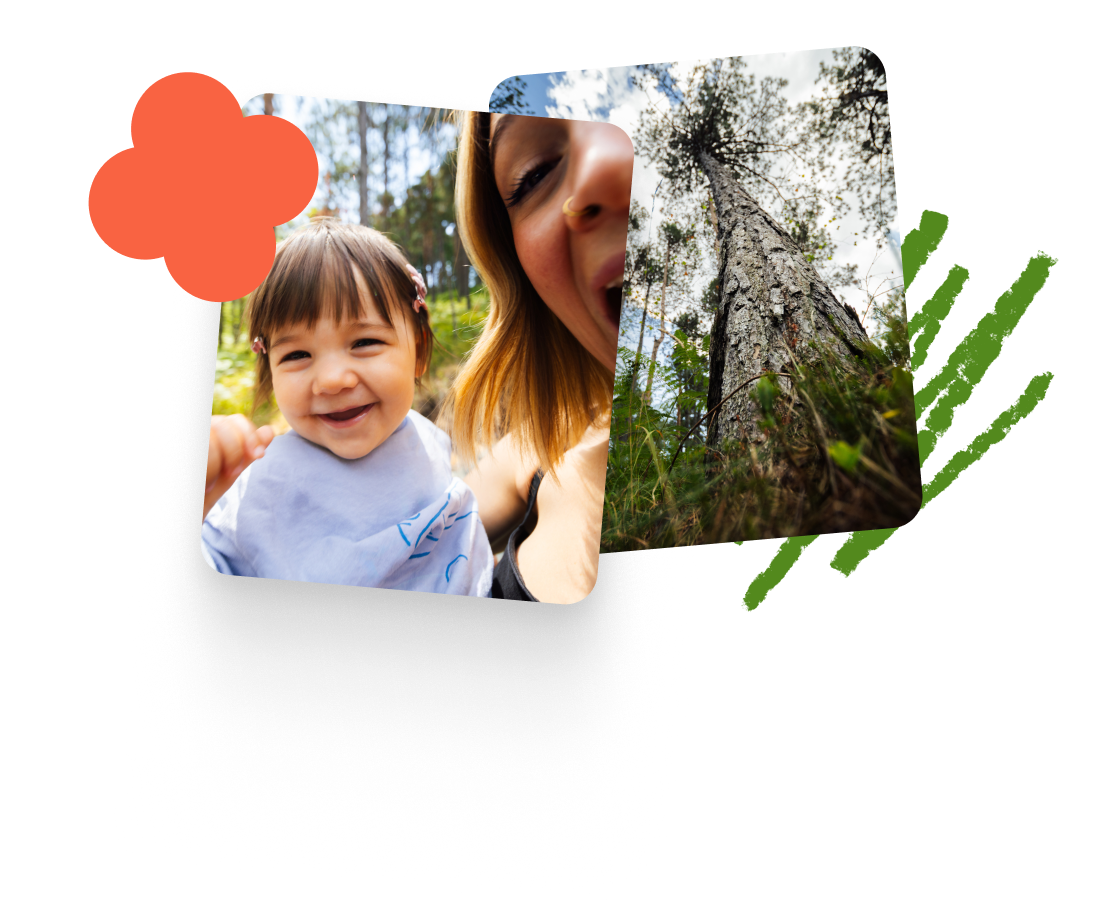
is now part of
Joy Parenting Club!
Families and care organisations using Heba will now have the option to also join Joy. For any questions, reach out to us at hello@heba.care

Families and care organisations using Heba will now have the option to also join Joy. For any questions, reach out to us at hello@heba.care

June 10, 2024
Neurodivergent storyteller Jeryn Cambrah has a message for families who have recently joined the disability community. In fact, she has 10 – and shares them in this story from Beaming Health.
From the moment the provider tells you your child’s diagnosis, you’ll be flooded with thoughts. Those thoughts can bring you to a very low place very quickly. So here are some truths we’d like to flood you with now:
10 important reminders after your child's disability diagnosis:
1. Your child is NOT broken. Disability/challenges/differences? Yes. Will that significantly impact your child’s life? Yes. But your child is not broken, damaged, or “less” than anyone else. (And neither are you.)
2. Beware of “nevers”. Just because a clinician or expert says “your child will never” doesn’t mean that’s the case. Your child has the final say on what they can and can’t do, and you’ll figure that out_together_ (with time).
3. Grief is normal. Just don’t stay there too long.
4. You're doing the best you can. You’re carrying too much already – check your blame and negative self-talk at the door.
5. You’re not failing your kid. If you only have 60% to give today and you gave that 60%, you did your absolute best.
6. This is a long journey. Yes, it’s hard. But you’re not alone.
7. You will make mistakes. Don’t dwell on them. Make up with who you need to make up with, fix what can be fixed, and then (the most daring part) forgive yourself.
8. You won’t know everything, and that’s okay. When you know better, you can do better. Nobody starts off as an expert in their child’s disability or special needs. You’ll get a lot of “on the job” training. The beauty of this is that someday, you’ll be talking to another parent, just like we’re talking to you right now, and you’ll have something helpful to share.
9. Your child’s diagnosis is information. And you can use this to figure out how to best help your child. Now that you know, you can learn, grow, seek support, find resources, and do what parents do: love and support their kids.
10. "Comparison is the thief of joy." Regardless of the type of diagnosis, your child will still do amazing things that surprise and delight you. It may not be at the same time or in the same way as other kids, but your child will still give you reasons to beam.
Celebrate the wins when they come, and don’t miss them by comparing your family (or child) to anyone else’s.
Jeryn Cambrah is a neurodivergent writer, artist, poet, author, and mother of an autistic child. She's passionate about equipping parents with the knowledge they need to help their children thrive.
This story was first published by our friends at Beaming Health, a platform helping kids get connected with the right care, faster.
Want to share your story? We’d love to hear it. Get in touch with our team at hello@heba.care.